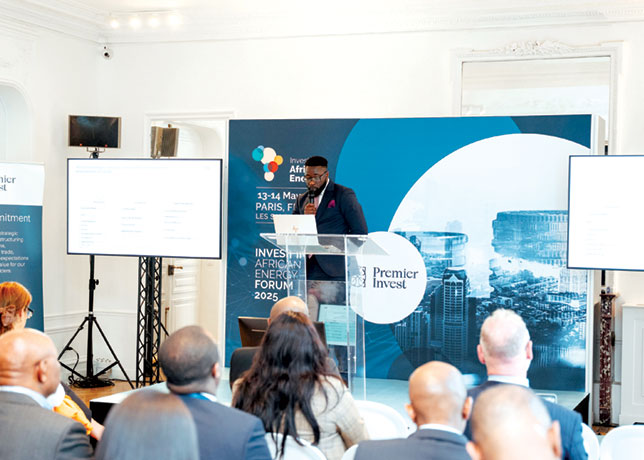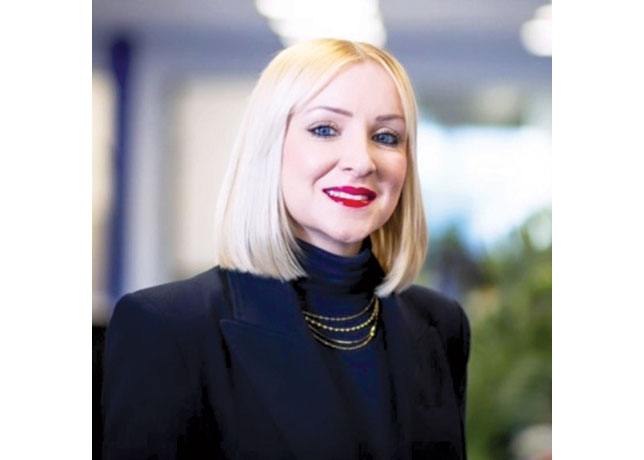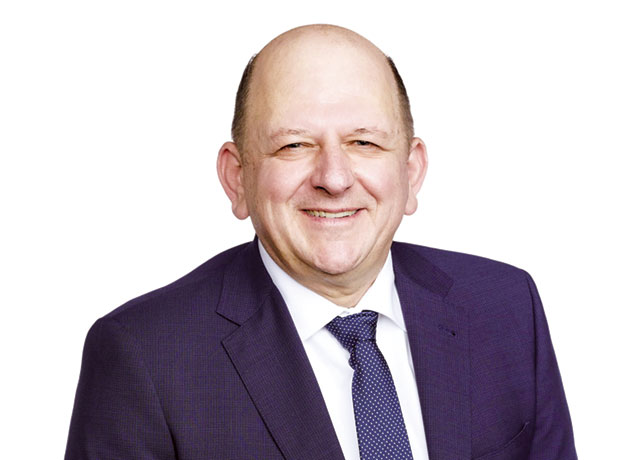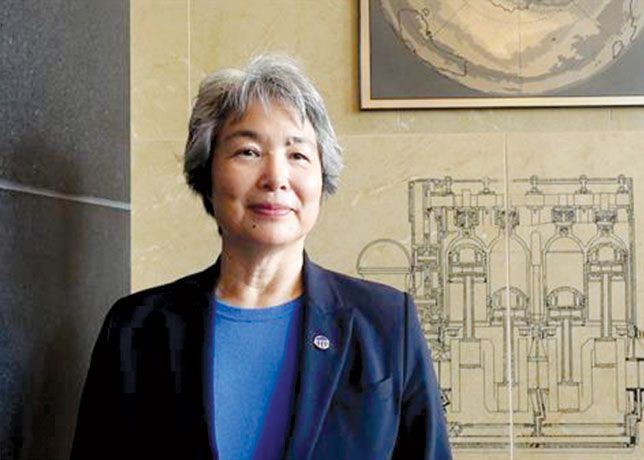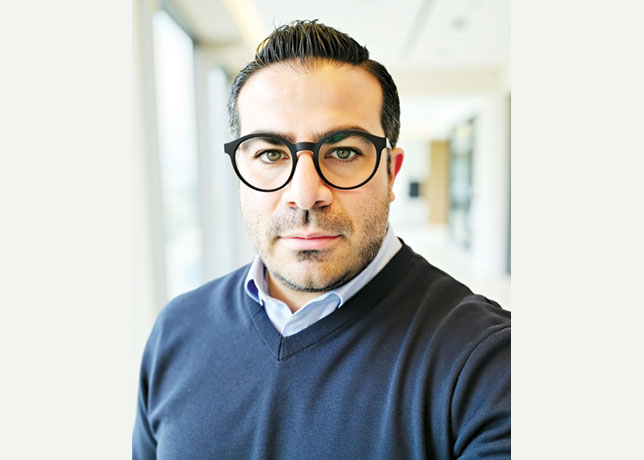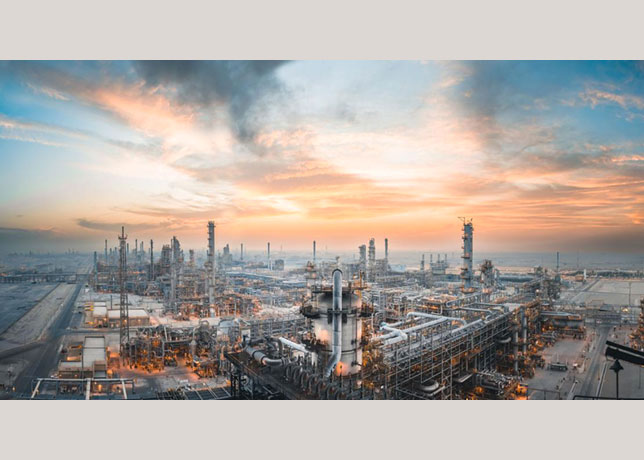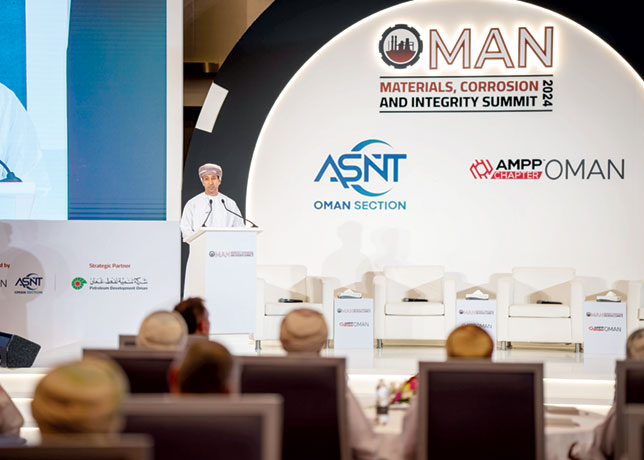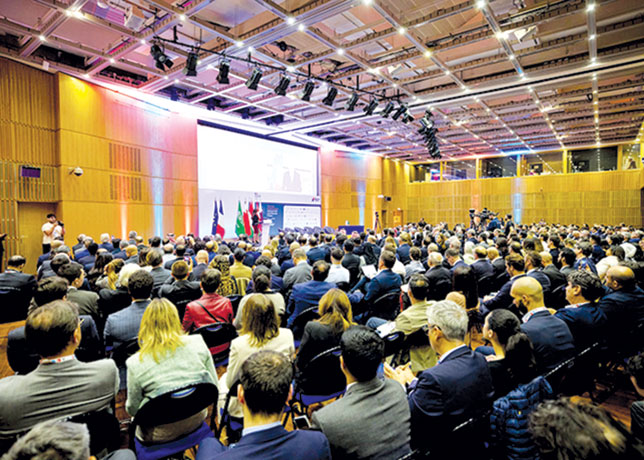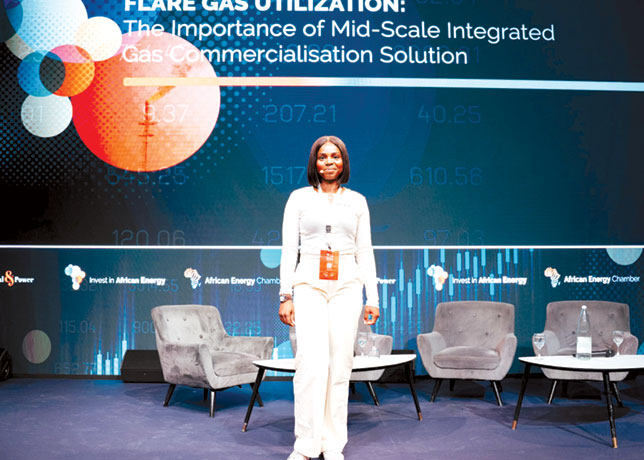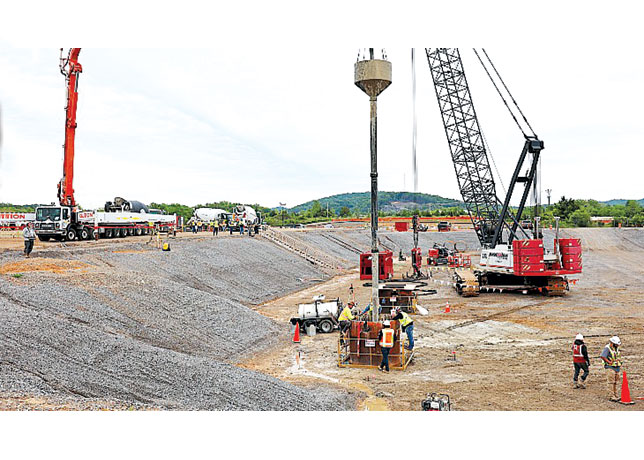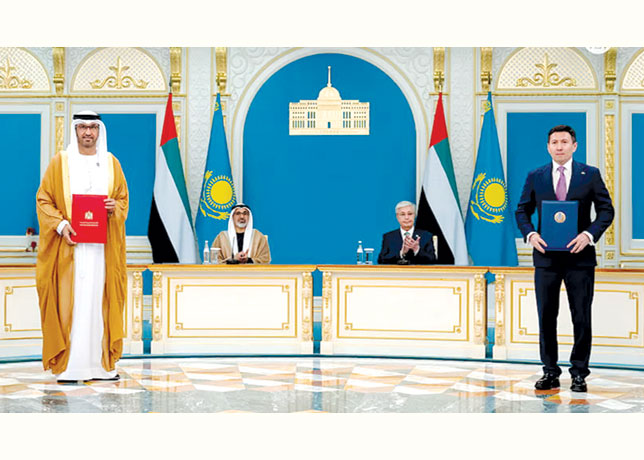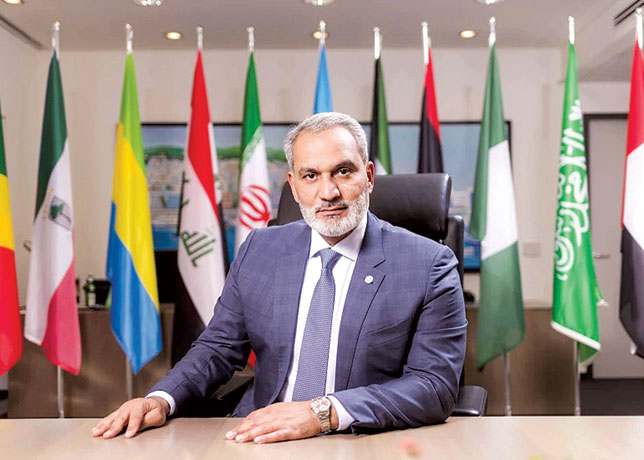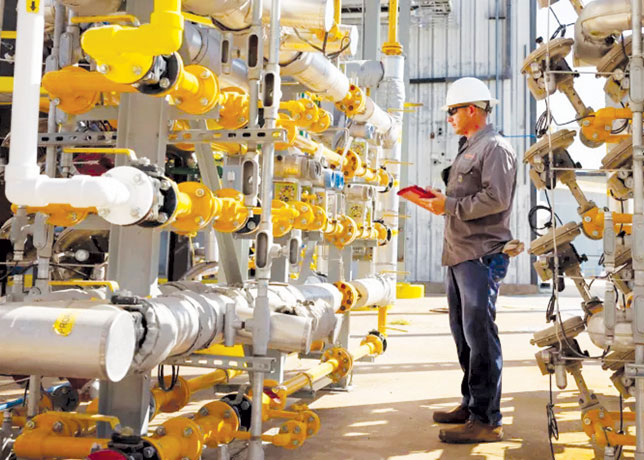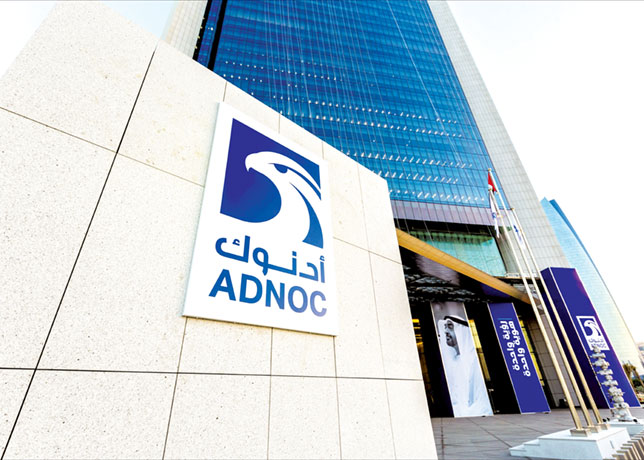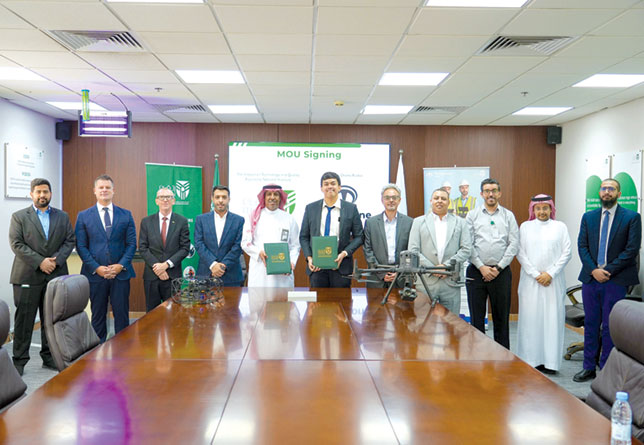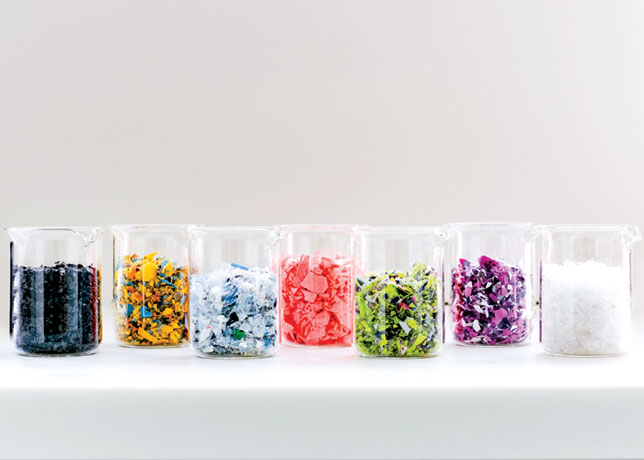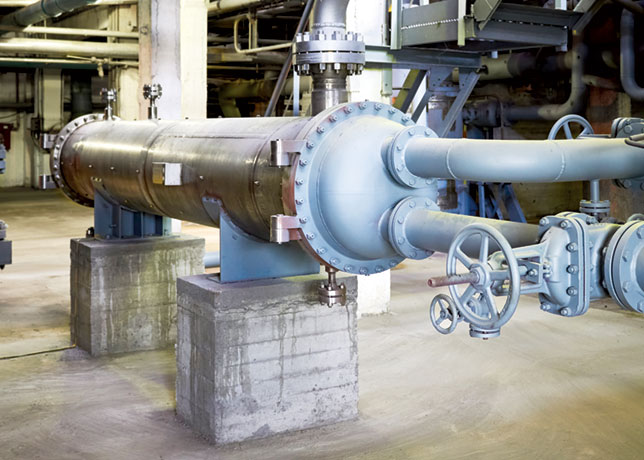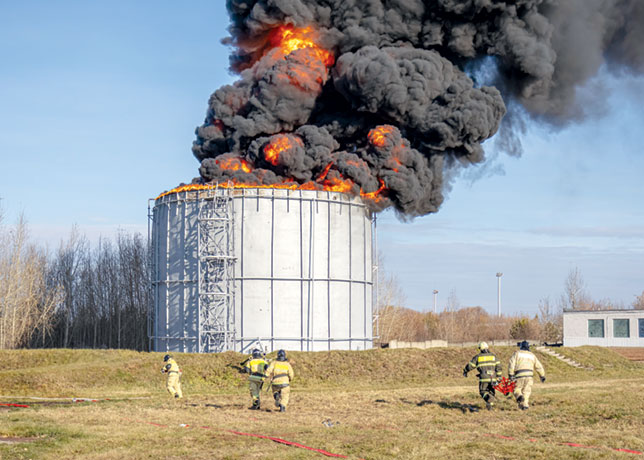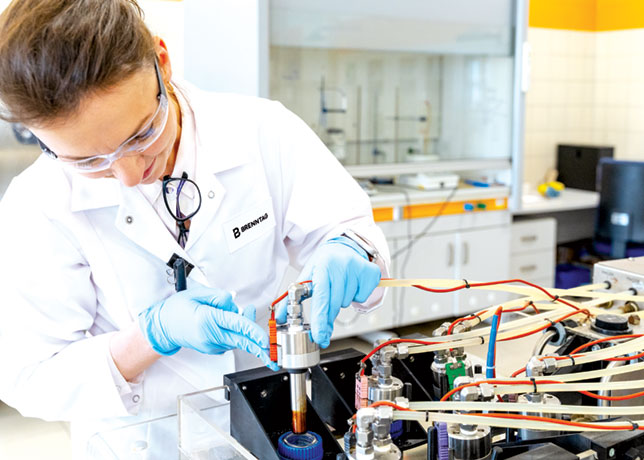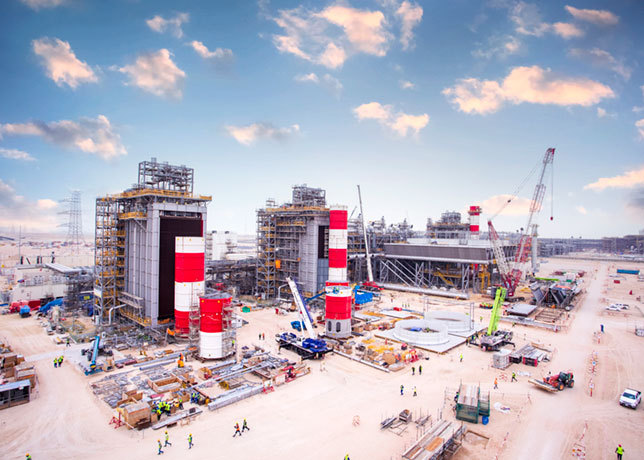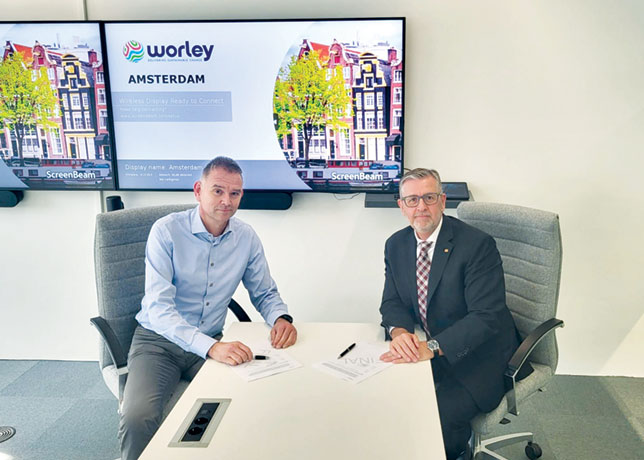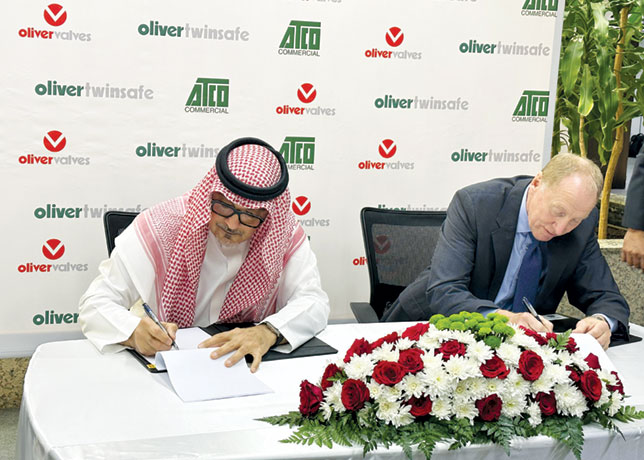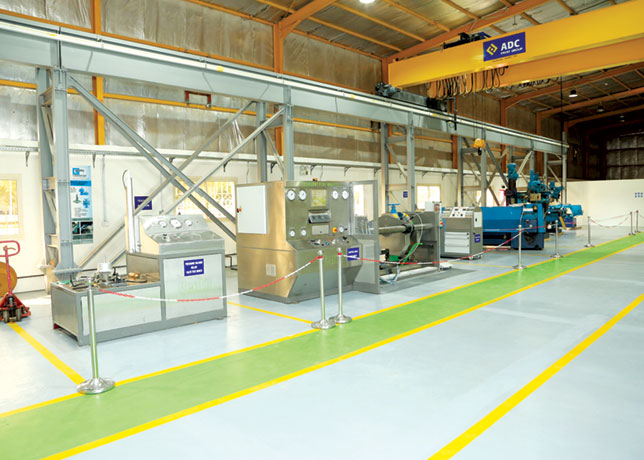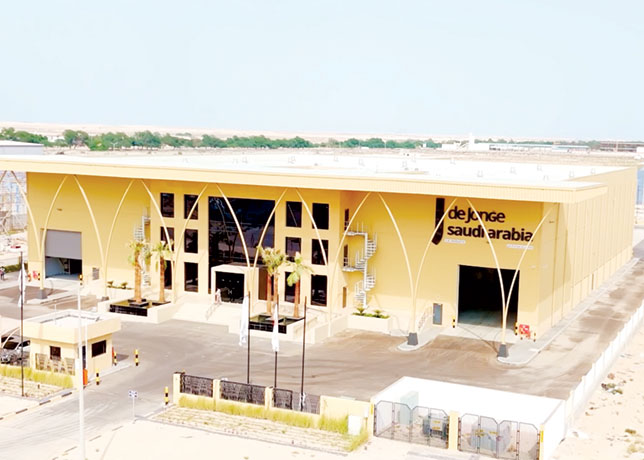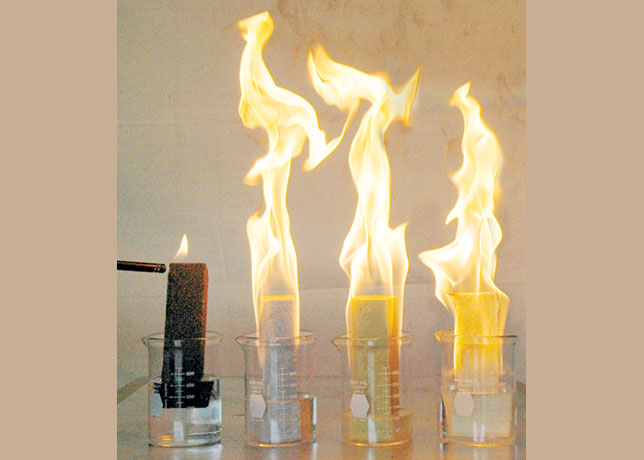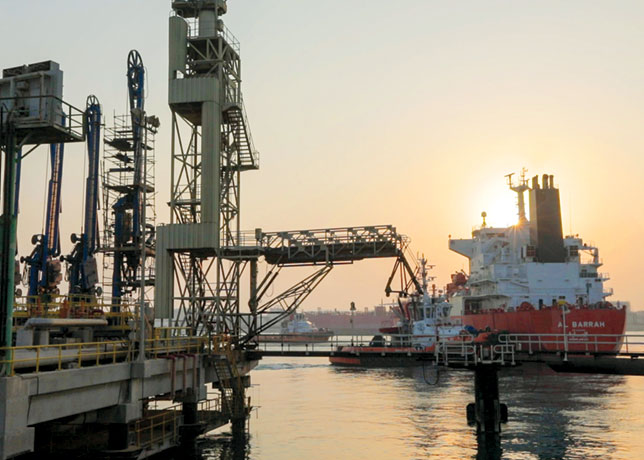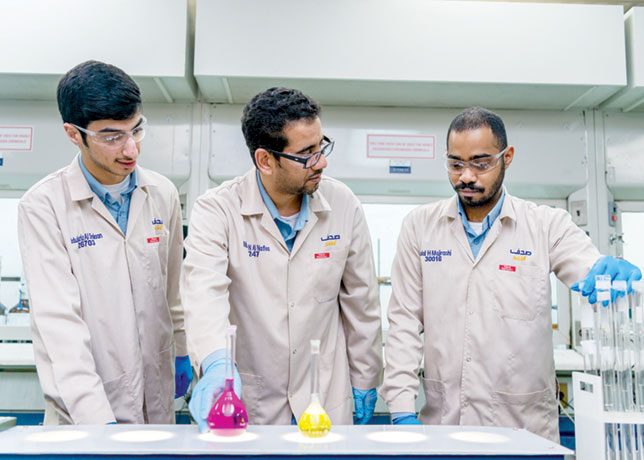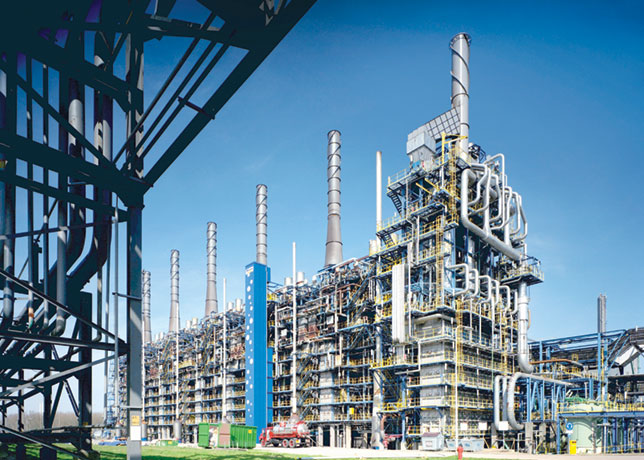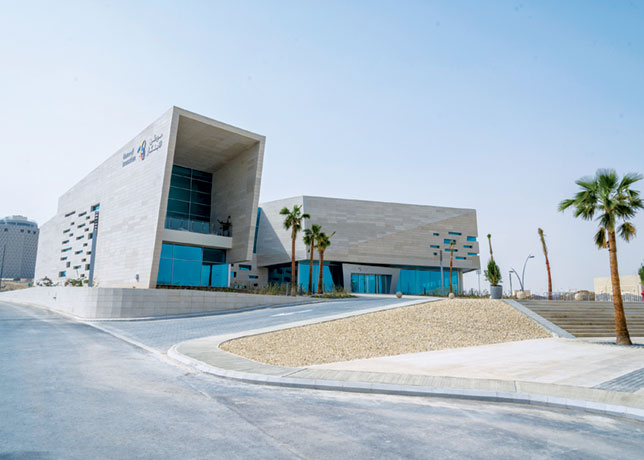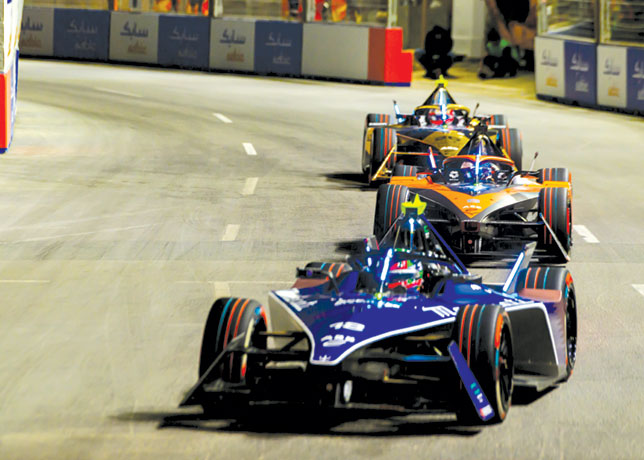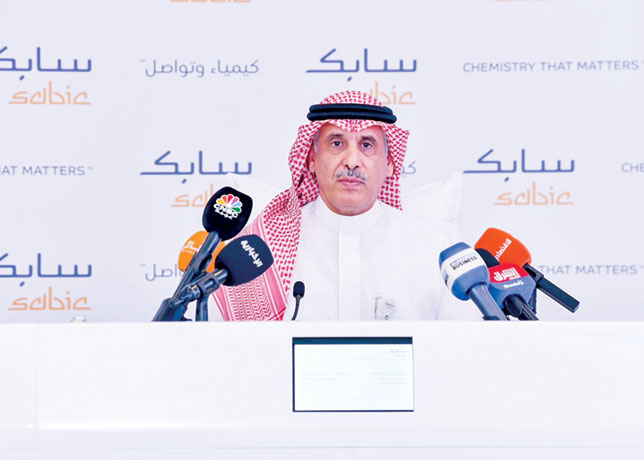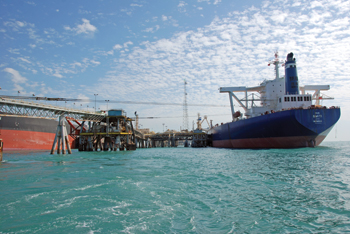
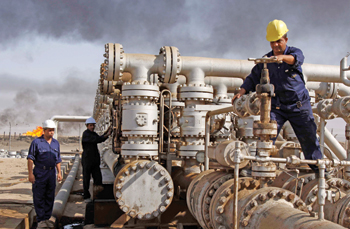 Iraq’s energy sector ... opportunities galore
Iraq’s energy sector ... opportunities galore
IRAQIS are determined to increase their own production regardless of other aspects because of our urgent needs,” Iraqi Ambassador told the US Lukman Faily in Houston.
Bountiful supplies of crude oil from US shale plays have ramped up the world’s supply of oil, threatening the market share of Organization of Petroleum Exporting Countries (Opec), including Iraq. There has been talk amongst industry analysts of Opec reducing output or taking action that could impact oil prices. However, Faily doesn’t believe there will be any significant changes from the Opec meeting set for November 27, although he says Opec has a substantial challenge to stabilise the price of oil.
If the price drops below about $75 bbl, that would not be good news—not just for Iraq but also for Houston and others, Faily says. Iraq is aware “we need to have more cooperation in Opec to provide that stable narrative to the world in relation to oil supply.”
But “I don’t anticipate a significant change from the Opec meeting because of the internal needs of the countries to address their immediate issues or deal with their budgetary requirements,” Faily says. “The reduction of the oil price this year has significantly impacted our cash liquidity so we are trying to explore other ways,” he adds.
Speaking to a crowd gathered in Houston for the Bilateral US-Arab Chamber of Commerce event, Faily fielded questions including about Iraq’s 2014 and 2015 budgets, which are heavily reliant on oil revenue and which impact other areas such as future projects and oil share revenue for the Kurdistan regional government (KRG) and other provinces.
Faily called on Houston’s energy sector, among others, to form mutually beneficial partnerships with Iraq despite ongoing security threats, political and development issues in parts of the country.
“I emphasise the word ‘partnership,’ which means you need to benefit, we need to benefit. It’s not a zero sum game,” he says. “That partnership means I have to be open, clarify certain issues, admit to certain mistakes and, most importantly, provide you with prospective of how things are projecting” to benefit a company’s plans, objectives, schedules or cost models while also addressing any hesitancies in investing,” he say.
KRG and energy policies: Outstanding issues, concerning exports and revenue share, with the KRG have been resolved, but not on paper as a package, Faily says, calling the environment positive. The country is in the process of revamping its hydrocarbon law. Presently, the issue is more political and involves making sure policies are mutually beneficial and transparent to all parties. “Everybody now understands that the threat of ISIS is bigger and more existential than the pity of politics. … Even the Kurds no longer talk about a separation. We have all woken up to the threat of ISIS at a very high cost,” he explains.
Anthony Godfrey, director of the Office of Iraq Affairs for the US Department of State, adds that behind the scenes folks are a lot closer than how they may appear in the press. “It’s in America’s interest that Iraq’s political unity remains as defined now—that the Iraqi Kurdistan region remains part of the republic of Iraq,” he says.
“That’s not to say that we don’t agree that there should be some creation of functional federalism, that there should be some evolution of authority in resources to the local regions. That is something that Prime Minister (Haider) Al Abadi has committed to. We believe Iraq’s government is more stable when the Kurds are active partners in Baghdad.”
ISIL situation: To date, more than 800 airstrikes have been launched by the US-led coalition against ISIL, according to Godfrey, who noted that part of President Barack Obama’s strategy includes supporting Iraq’s energy exports so the republic can pay for the war and look after displaced residents.
“One thing that we all agree on is that this struggle against ISIL is not going to be over quickly, and it’s not going to be inexpensive. To succeed Iraq is going to have to develop its own economy to a point where it can support the many internally displaced people,” Godfrey says. “There are important opportunities for US companies in the Iraqi economy, especially in Iraq’s energy sector but also in construction, infrastructure, development, health care and other sectors. Despite the serious ongoing security concerns, US companies continue to operate successfully in Iraq and are extraordinarily competitive and highly valued in Iraq,” he adds.
Risk mitigation: Faily says that companies wanting to do business in Iraq need champions to help navigate through uncharted territory. “You can do business, provided you have the right partner, provided that you have a good risk assessment done and, most importantly, provided that you get a good champion for you. I can be your champion on this side,” he feels.
He later adds that technically speaking investors shouldn’t need a champion, only the process. However, a certain aspect of good governance is still missing in Iraq as well as a culture of strategically approaching opportunities that could benefit all in the country. He uses the energy sector and partnerships with international oil companies as examples.
Considering that the energy industry needs pipelines, water and other sources for development in various parts of the country and region, Faily says: “Oil does provide an important job for the society, politically at least, to work with each other.”
TURKISH PETROLEUM INVESTS $6BN
Meanwhile, Turkey’s state-run oil company TPAO has invested $6 billion in Iraq as a part of several consortiums, a total of which makes more than $26 billion invested in the country, says Turkish Energy Minister Taner Yildiz.
“The TPAO has drilling activities in two oil wells and two gas wells in Iraq as a part of several consortiums. The share of TPAO in the consortiums’ $26 billion of investment plans is around $6 billion,” Yildiz says in response to a parliamentary question asked by Gürkut Acar, an MP from the main opposition Republican People’s Party (CHP).
“Our Turkish Petroleum International Company (TPIC) also inked a comprehensive project with the Iraqi National Petroleum Company SOC to open 45 new wells,” he adds.
Yildiz noted that the Turkish state or Turkey’s state-run companies had not written any deal for the oil trade with Bagdad or Arbil.
“Private companies’ deals are bound by private international law,” he says.
Upon Yildiz’s answers, Acar said Turkey has problems with all of its neighbours.
“Wrong steps in foreign policies are no good for Turkey. It is not right for Turkey to be a part of the internal affairs of another country and it may suffer in the long-run. Turkey needs to be very careful,” he says.
$278M OIL DEAL WITH HALLIBURTON
In another development, Iraq’s cabinet approved a $278.5 million drilling deal with US oil service company Halliburton for the southern West Qurna- 1 oilfield, according to a government statement.
Under the 30-month contract, Halliburton is to drill 30 oil wells in the 8.7-billion-barrel West Qurna Phase One field, operated by US major ExxonMobil, the statement says.
Oil production at the West Qurna-1 field is running at a rate of 360,000 barrels per day (bpd) due to problems with low levels of water injection, which is needed to boost production, officials say.
Iraq has awarded lucrative oilfield development contracts to majors such as Royal Dutch Shell, BP and ExxonMobil with the ambitious target of expanding its oil production capacity to 8.5-9 million bpd by 2017.
Increasing export capacity is a cornerstone of Iraq’s ambitious plans to revive its oil industry after years of war, economic sanctions and neglect. Iraq wants to jump into the top ranks of global oil producers and exporters.


